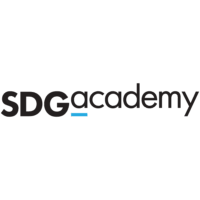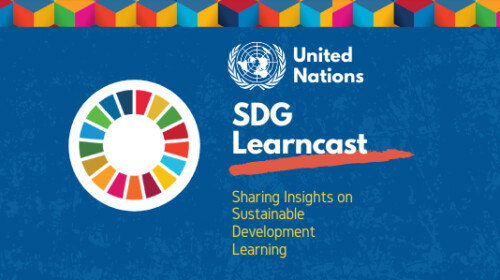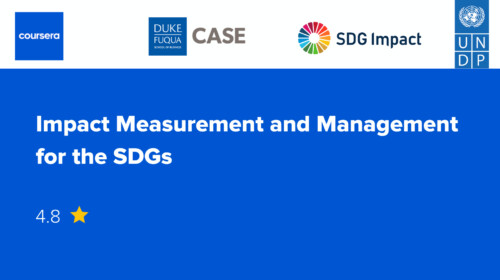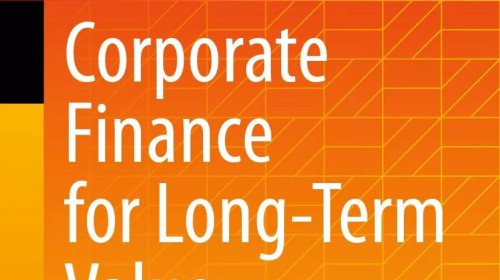The countdown is on for the world to achieve the United Nations’ 17 Sustainable Development Goals by 2030. These goals provide a guide for the promotion of systems, practices and policies that will end poverty, protect the planet and ensure all people enjoy peace and prosperity.
Human behaviour is at the heart of the SDGs, and many of the challenges faced by society today. We need to harness behavioural insights, to understand human behaviour, what drives it and what can change it. Working with, and learning from, behavioural scientists will allow us to apply solutions to our challenges that take into consideration human behaviour.
In this 6-module online course from the Monash Sustainable Development Institute, you will learn how, through behavioural science, we can apply behavioural insights to achieve the changes we wish to see at a local and global scale. The topics covered range from systems thinking to behaviour prioritisation, drivers and barriers of behaviour, intervention design and evaluation, ethics, and more.
Target Audience
Change practitioners seeking knowledge on how behavioural science can inform the process of achieving change
Advanced undergraduates and graduate students interested in behavioural science, behaviour change, and other key behavioural concepts related to achieving the SDGs
Learning Objectives
Methods for understanding problems that involve human behaviour, including systems mapping.
Generating target behaviours and identifying target audiences.
Applying tools to prioritise behaviour.
Understanding drivers and barriers of behaviour.
Exploring the role of theory.
Gathering insights from the target audience to inform intervention suitability.






